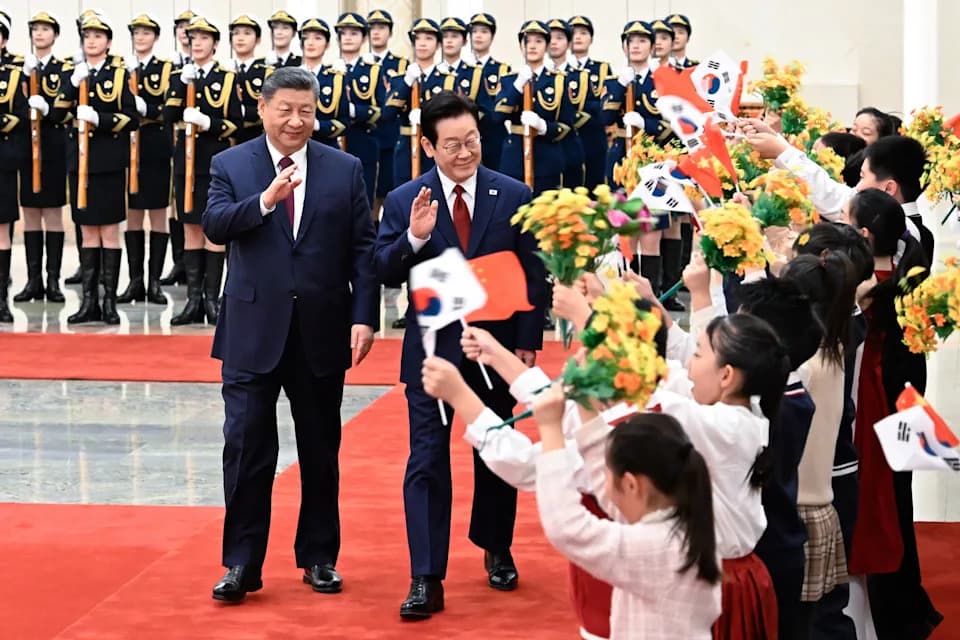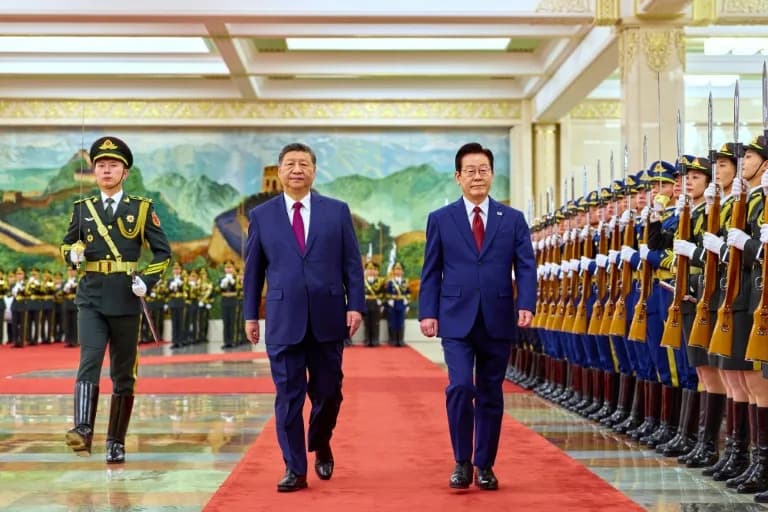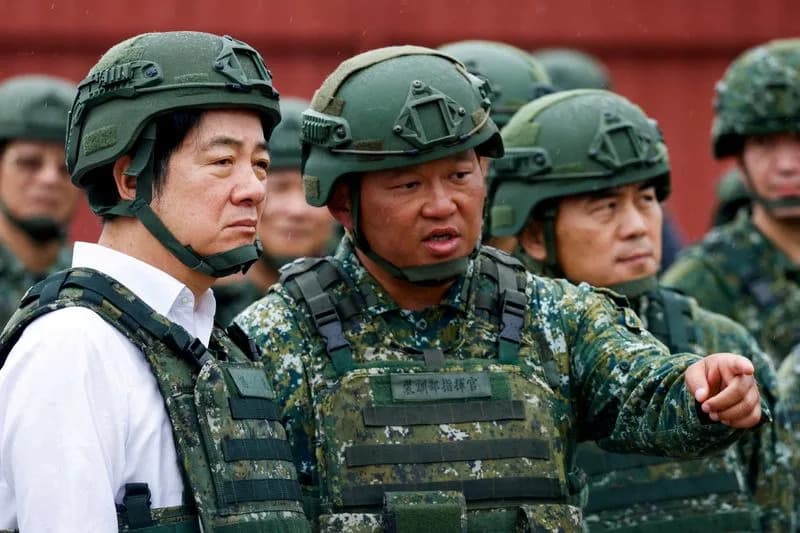U.S. Approves South Korea's Nuclear-Powered Submarine Program in $350B Trade and Security Package
SEOUL, Nov. 14 (UPI) — The United States and South Korea on Friday released a joint fact sheet outlining a sweeping trade and security agreement that formalizes Washington's approval for Seoul to develop nuclear‑powered submarines and secures a combined $350 billion investment pledge from South Korea to the United States.
The agreement follows negotiations finalized after U.S. President Donald Trump and South Korean President Lee Jae‑Myung concluded talks on the sidelines of the Asia‑Pacific Economic Cooperation summit in Gyeongju on Oct. 29. President Lee said the long‑running Korea‑U.S. trade and security talks have now concluded and expressed "gratitude and respect" for the outcome, calling it the best possible result based on "common sense and reason."
Key economic terms
- Tariffs: Washington will reduce previously imposed 25% "reciprocal" tariffs on certain South Korean goods, including automobiles, to 15% — restoring rates set in July during Lee's White House visit.
- Investment pledge: Seoul committed to invest a total of $350 billion in the United States — $150 billion targeted to U.S. shipbuilding and $200 billion earmarked for strategic industries under a memorandum of understanding to be signed by both governments.
- Annual cap: To limit market disruption, the fact sheet sets an annual investment cap of $20 billion and states investments will proceed only where commercially viable and economically sustainable.
Nuclear‑powered submarines and technical cooperation
The agreement formally clears a long‑sought capability for South Korea to build nuclear‑powered submarines. Seoul has argued such vessels are critical for tracking North Korean ballistic missile submarines and for extending South Korean operations across the Indo‑Pacific, while also supporting its domestic nuclear energy and naval shipbuilding industries.
Washington agreed to work with Seoul to define technical and program requirements for the submarine effort, including "avenues to source fuel" for submarine reactors. Access to enriched uranium and flexibility on enrichment and spent‑fuel recycling had been a major sticking point in finalizing the fact sheet; the new arrangement signals cooperation to address those issues within agreed safeguards.
Lee Jae‑Myung: 'The submarines are a decades‑old dream of South Korea and a vital strategic asset for peace and stability on the Korean Peninsula.'
Security commitments
- Defense spending: Seoul intends to raise defense spending to 3.5% of GDP "as soon as possible."
- Arms purchases and support: South Korea pledged $25 billion in U.S. military equipment purchases by 2030 and outlined comprehensive support for U.S. Forces Korea totaling $33 billion.
- Alliance modernization: The fact sheet frames the deal as part of a broader effort to modernize the U.S.‑South Korea alliance, rebalance military responsibilities, and reaffirm an eventual transition of wartime operational control to Seoul.
North Korea and denuclearization
Both governments reaffirmed their shared goal of a denuclearized Korean Peninsula and pledged to work together to implement the joint statement from the 2018 Singapore summit between President Trump and North Korean leader Kim Jong Un. The fact sheet urged North Korea to "return to meaningful dialogue and abide by its international obligations, including by abandoning its weapons of mass destruction and ballistic missile programs."
North Korea has maintained its declared nuclear status since 2022. In September, Kim Jong Un signaled a willingness to resume diplomacy with Washington but said relinquishing his regime's nuclear arsenal would not be negotiable.
What this means
The package ties deepened economic commitments to strategic and security priorities, signaling closer U.S.‑South Korea coordination on high‑end defense capabilities and industrial cooperation. Observers say the submarine approval and associated nuclear cooperation elements mark a significant shift in Seoul's defense posture and in how the two allies manage sensitive fuel‑cycle issues under nonproliferation safeguards.



































